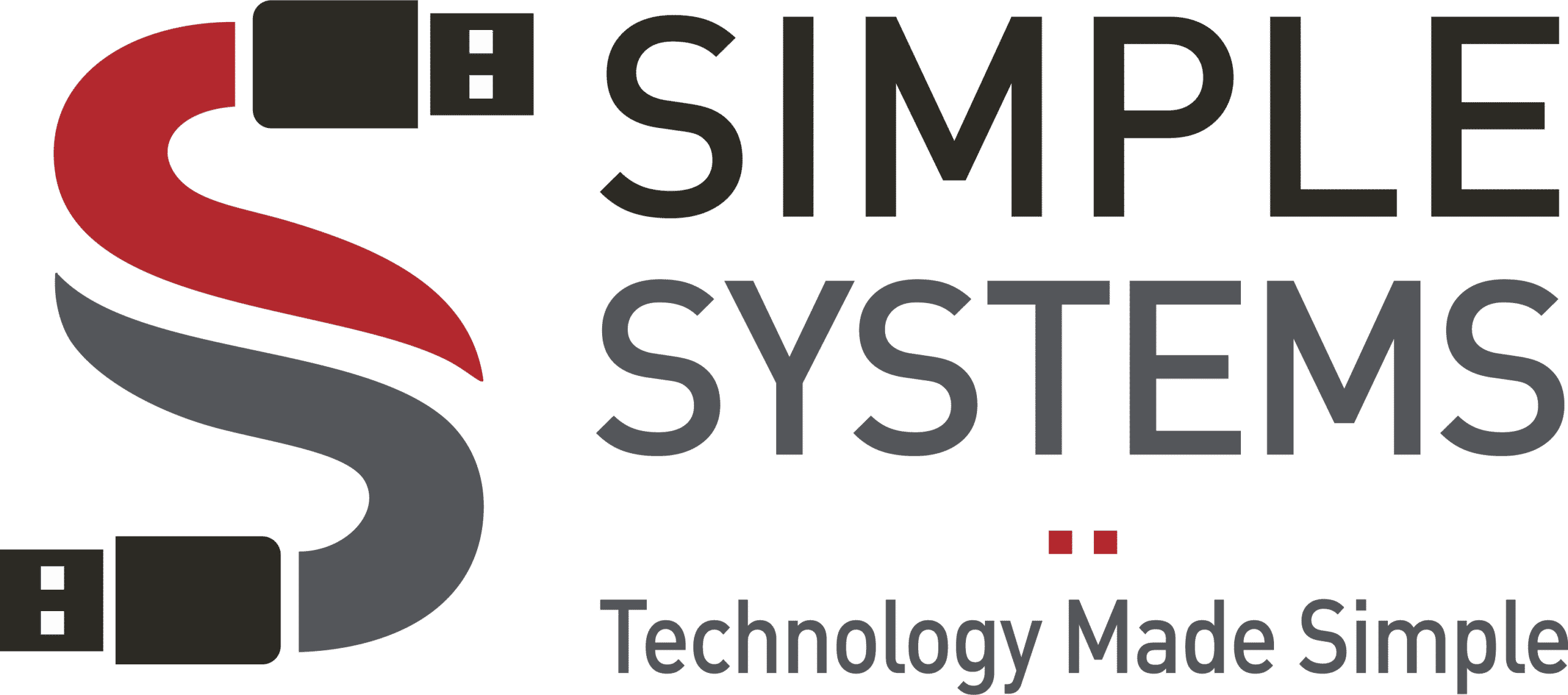If you haven’t heard of Software as a Service (SaaS) yet, you’re in the right place. SaaS is a cloud-based software distribution model where applications are hosted by a third-party provider. It’s become the go-to option for businesses of all sizes—but unfortunately, SaaS data protection has become extremely overlooked. Let’s find out more.
Understanding Shared Responsibility in SaaS
As a customer, you might assume that the SaaS provider is solely responsible for protecting your data. This just isn’t true. There’s actually a shared responsibility between the provider and the customer. So while the provider is responsible for securing and maintaining the infrastructure and platform, you are responsible for your own SaaS data protection.
SaaS Provider Responsibilities
- Securing the infrastructure and platform
- Ensuring the availability and performance of the service
- Maintaining data backups
Customer/User Responsibilities
- Content and data management
- Configuration and settings
- User training
- Network controls
The Risks and Threats to SaaS Data
With the SaaS market expected to triple from 2022 to 2030, SaaS data is becoming a prime target for hackers. And while providers have their own security measures in place, it’s the responsibility of the customer to protect their own data from threats such as:
- Data breaches and unauthorized access
- Data loss due to human error or malicious activity
- Service outages and disruptions
It’s no longer enough to rely on the security measures of your SaaS provider—you must take proactive steps to protect your own data.
The Role of SaaS Providers in Data Protection
Wait, so SaaS services don’t protect your data? You are paying them for something, right?
While users are responsible for their own SaaS data protection, SaaS providers still play a crucial role in ensuring the overall security of their customers’ data. They implement the following security measures to protect the infrastructure and platform, which in turn helps to protect your data:
- Data encryption at rest and in transit
- Strict access controls and authentication procedures
- Regular security audits and updates to infrastructure
SaaS providers must also comply with industry standards and regulations, including GDPR, HIPAA, and PCI DSS. As a customer, you can rest assured that your data is handled and protected according to industry standards.
Best Practices for SaaS Data Protection
SaaS providers may have security measures in place, but ultimately, the responsibility for protecting your data falls on you. So what can you do as a customer to ensure the safety and security of your SaaS data?
- Implement strong passwords and multi-factor authentication for all user accounts.
- Create strong access controls, if available, to restrict user access based on their roles.
- Monitor user access and privilege levels to prevent unauthorized access.
- Monitor and audit user activities for suspicious behavior.
- Regularly backup important data and store it in a separate and secure location.
By following these best practices, you can help mitigate the risks and ensure SaaS data protection against potential threats.
Educating Users on Shared Responsibility
It’s important to take proactive steps to protect your data—but it’s also crucial to educate all users within your organization on the concept of shared responsibility. This includes training them on best practices for data protection, providing resources and guidelines for secure SaaS usage, and encouraging proactive involvement in data protection efforts.
By asking all your employees to protect SaaS data, you create a more secure environment for your business.
Start With the Experts: Simple Systems
Choosing the right partner from the beginning is key. At Simple Systems, we understand and prioritize your business’s cybersecurity. By working together, we can protect your sensitive business information and keep your business running smoothly. Contact us today to learn more.


